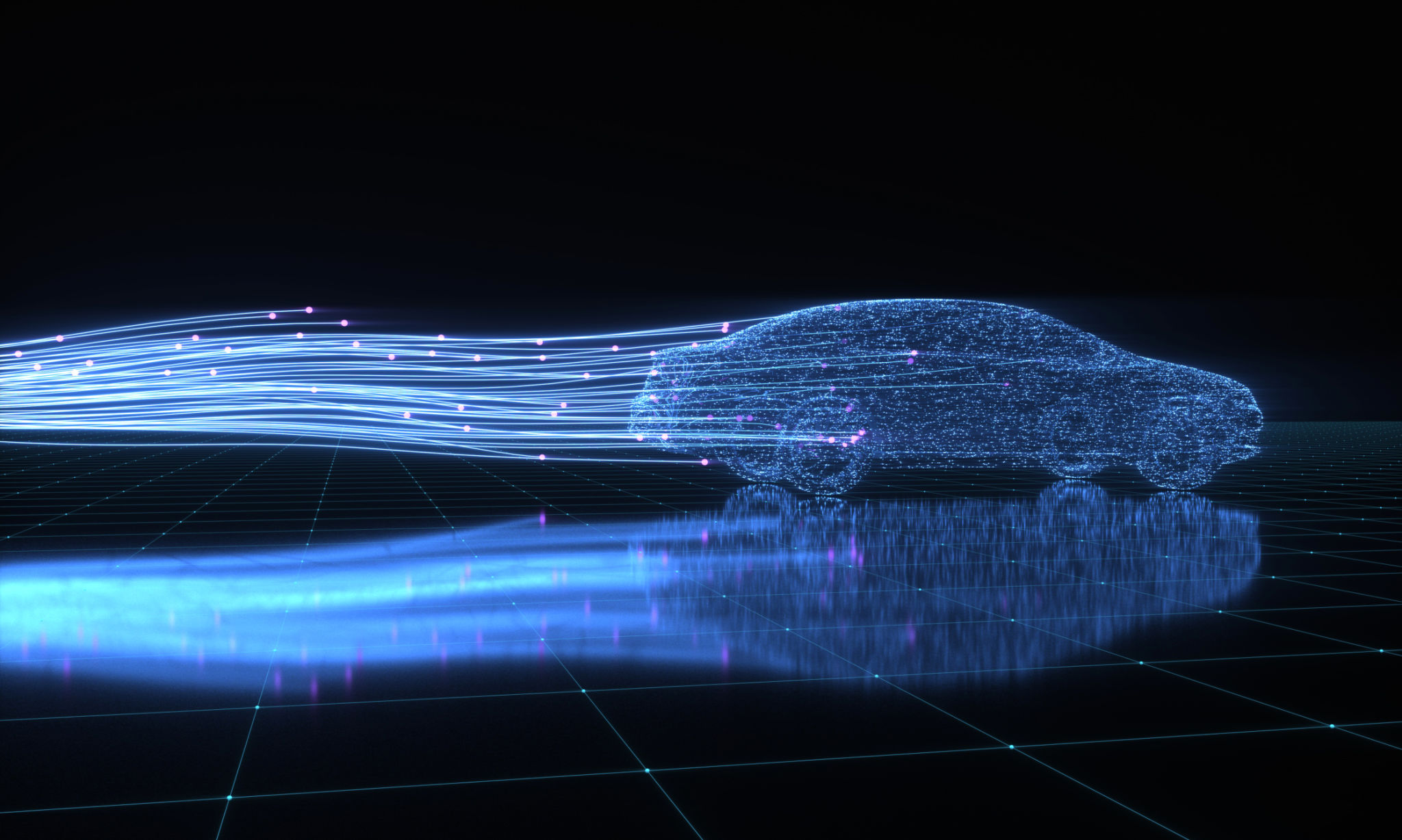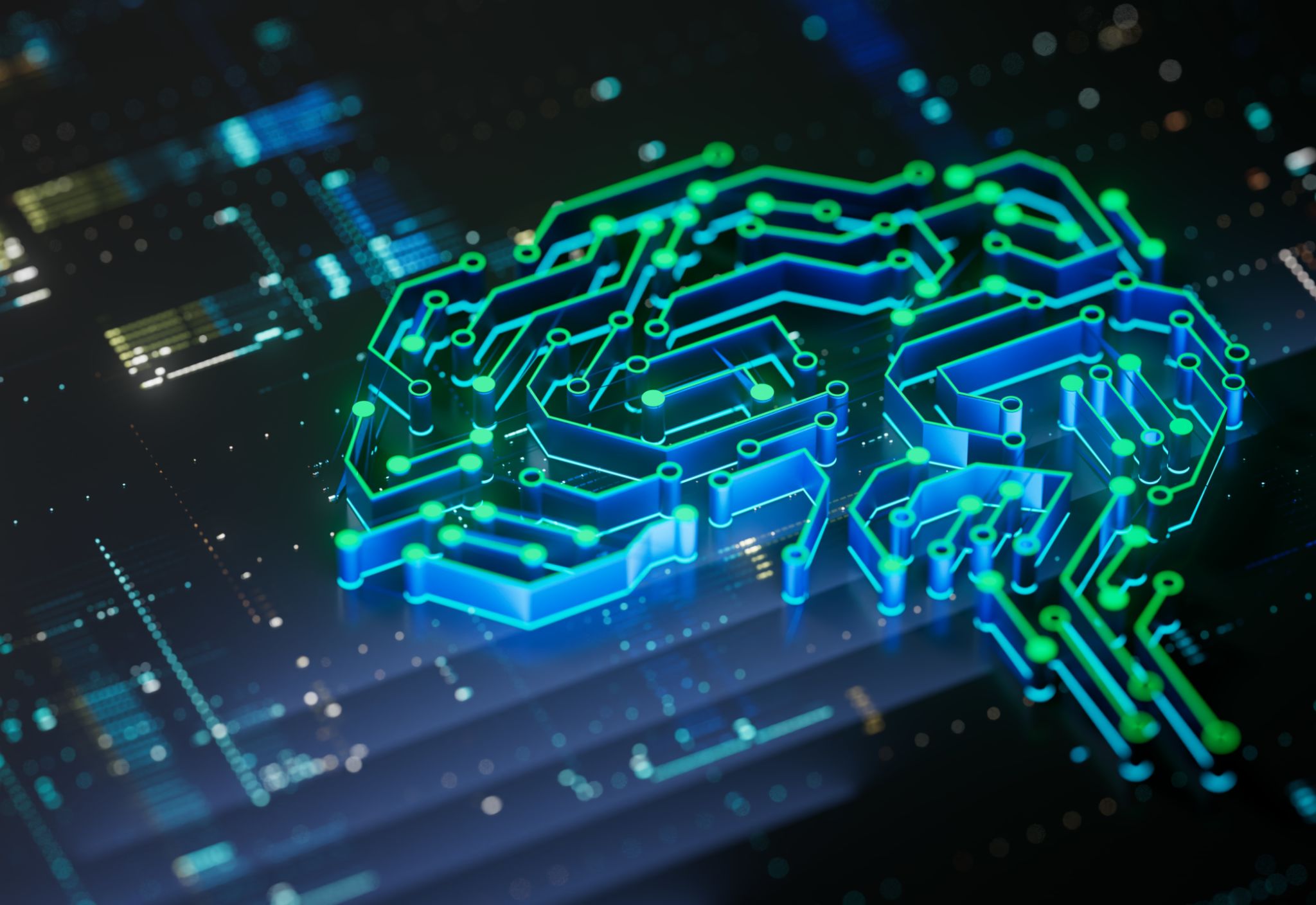Expert Insights: The Next Steps for Artificial Intelligence
TC
Understanding the Current State of AI
Artificial Intelligence (AI) has made significant strides over the past decade, transforming industries and altering the landscape of technology. From self-driving cars to personalized shopping experiences, AI's capabilities continue to expand. However, understanding where AI stands today is essential for envisioning its future. Currently, AI is primarily based on machine learning and deep learning models, which rely on large datasets to improve their accuracy and efficiency.

Despite these advances, AI remains limited by its dependence on data quality and quantity. Many experts believe that the next significant step in AI's evolution will involve overcoming these limitations to create more autonomous and adaptive systems. This will require advancements in algorithms, better data management practices, and enhanced computational power.
The Role of Explainable AI
One of the critical areas of focus for the future of AI is developing explainable AI (XAI). As AI systems become more integrated into decision-making processes, the need for transparency in how these systems operate becomes increasingly important. XAI aims to make AI's decision-making processes understandable to humans, which is crucial for building trust and ensuring ethical use.
Explainable AI will play a pivotal role in sectors like healthcare, finance, and law enforcement, where understanding the rationale behind decisions is imperative. By providing insights into how conclusions are reached, XAI can help ensure accountability and improve the reliability of AI applications.

AI in Autonomous Systems
Another promising area for AI development is in autonomous systems, including robotics and self-driving vehicles. These technologies have the potential to revolutionize transportation and logistics by increasing efficiency and reducing human error. For autonomous systems to reach their full potential, ongoing advancements in sensor technology, real-time data processing, and AI algorithms are required.
Experts predict that collaboration between AI research and other fields, such as environmental science and urban planning, will be necessary to create systems that can operate safely and effectively in diverse environments. Achieving this will not only enhance the capabilities of autonomous systems but also broaden their applications across multiple sectors.

AI's Impact on Workforce Dynamics
The integration of AI into various industries inevitably affects workforce dynamics. While AI can enhance productivity by automating repetitive tasks, there are concerns about job displacement. However, many experts suggest that AI will create new job opportunities by driving innovation and requiring new skill sets in fields like AI management and data analysis.
To prepare for these changes, educational institutions and businesses must focus on reskilling and upskilling workers. Emphasizing skills that complement AI technologies, such as critical thinking and creativity, will be essential for maintaining a competitive workforce in an AI-driven economy.
Ethical Considerations in AI Development
As AI continues to evolve, ethical considerations become more pressing. Issues such as data privacy, algorithmic bias, and the potential misuse of AI technologies require careful attention. Establishing ethical guidelines and frameworks for AI development is crucial to ensure that these technologies benefit society as a whole.

Collaboration between governments, industries, and academia will be necessary to address these ethical challenges. By fostering a global dialogue on AI ethics, stakeholders can work together to create regulations that protect individuals while encouraging innovation.
Conclusion: A Collaborative Future for AI
The future of artificial intelligence holds immense potential, but realizing this potential will require collaboration across multiple disciplines. By addressing current limitations, enhancing transparency, and focusing on ethical considerations, we can guide AI's development toward a future that benefits everyone.
As we look ahead, it's clear that the next steps for AI involve not only technological advancements but also thoughtful consideration of its societal impact. With a balanced approach, we can harness the power of AI to create a smarter, more equitable world.
